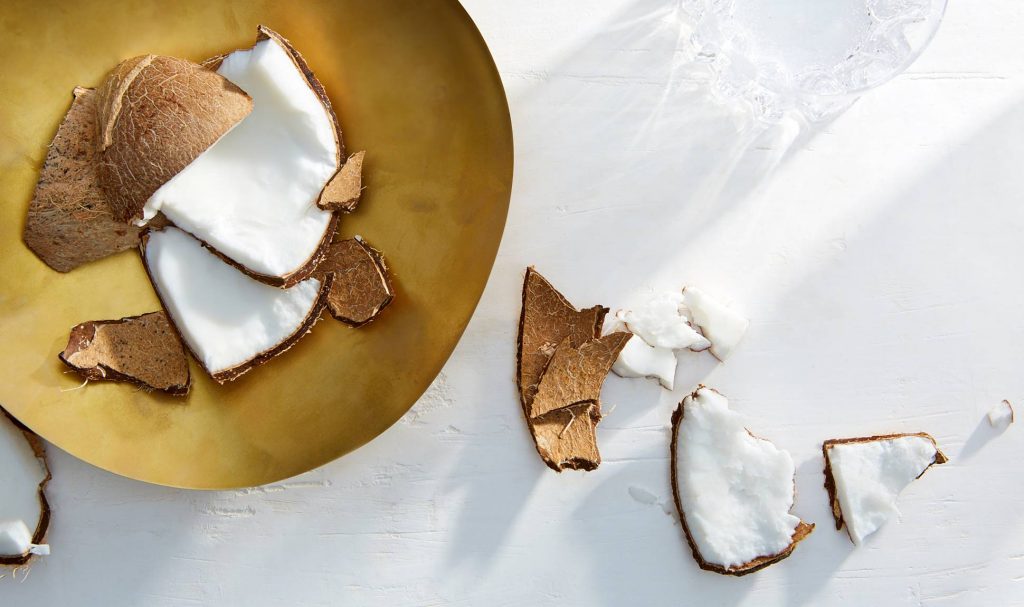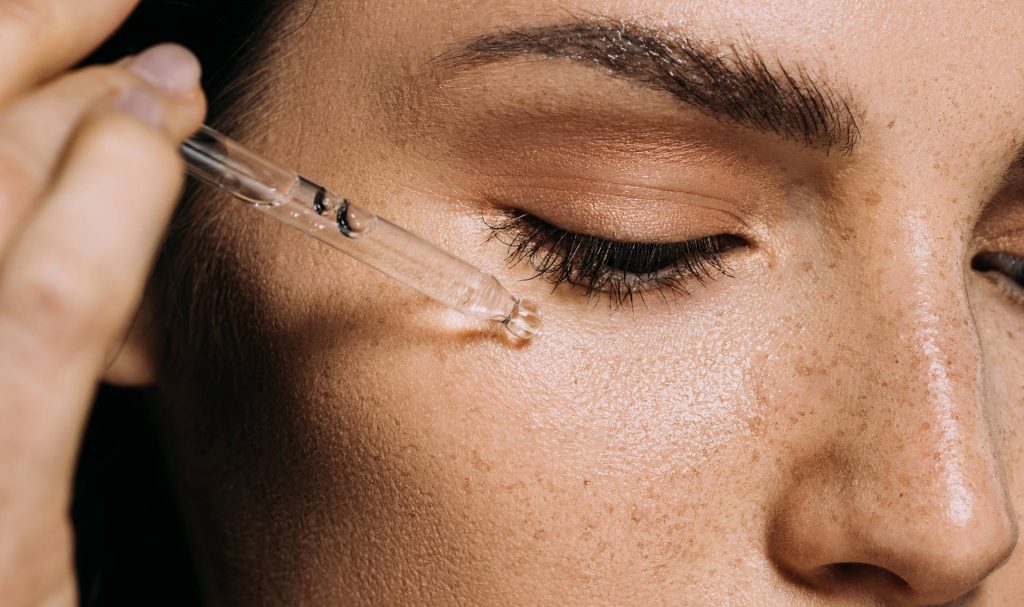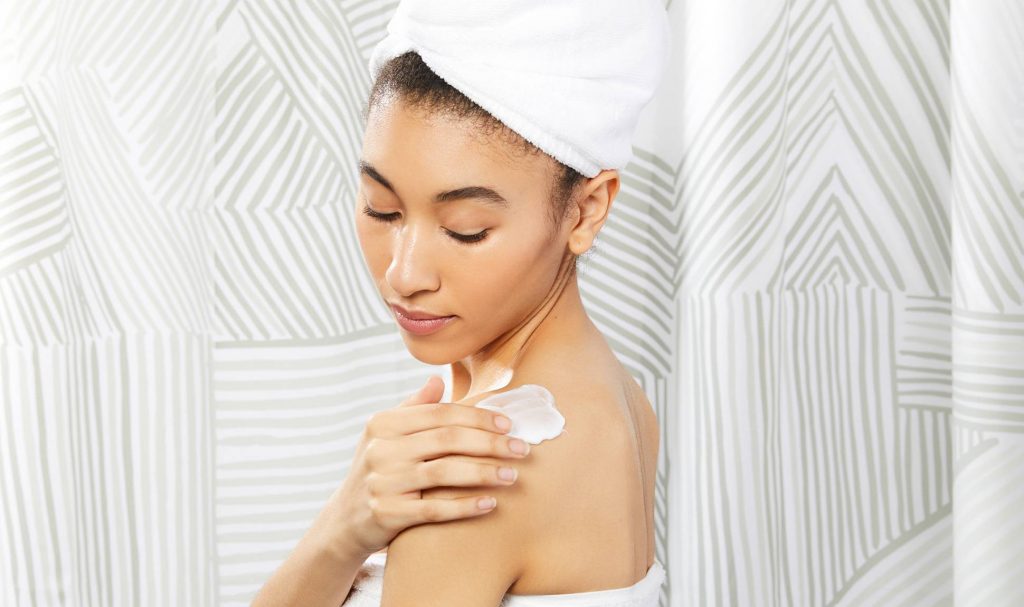If you regularly use makeup wipes to clean your face, we have some bad news: It’s time to rethink your cleansing routine.
While makeup wipes might seem like a godsend ― they’re quick and easy to use, which is great for low-maintenance folks and frequent travelers ― it turns out they could be doing more harm than good when it comes to keeping skin healthy. We’re talking breakouts, irritation and even allergic reactions.
That doesn’t mean you need to abandon them altogether, but there are some things you should know when it comes to makeup wipes and their effectiveness.
For starters, they don’t do the best job of cleaning the skin
As Archana Sangha, board-certified physician assistant at Anne Arundel Dermatology in Virginia explained, makeup wipes can remove some of the grit and grime on your face, but they’re not getting rid of all of it, since you’re typically not rinsing your face after using them.
“There’s that residue that’s left on the skin still,” she said. “Wipes have come a long way from even two years ago.” However, she said, they shouldn’t replace cleanser because they don’t thoroughly clean your skin.
Since wipes aren’t totally effective at getting rid of excess oil, using them regularly could lead to clogged pores, which could lead to breakouts. In her experience, Sangha has noticed more acne breakouts in her patients that use face wipes exclusively to clean their skin.
Face wipes can be helpful for some, she said, especially if your alternative is not cleaning your face at all. However, they don’t compare to using a cleanser, massaging the skin, getting your circulation going and then rinsing the debris off your face. With a wipe, she said, you could just end up leaving half of the film on your face.
Board-certified dermatologist Dr. Craig Kraffert echoed Sangha’s point. He explained that both facial wipes and rinse-off cleansers use solubilizers and emulsifiers to help “lift makeup, oil and scale from the skin.” The main difference, he said, is that wipes are formulated to cleanse “without the benefits that are inherent in being able to apply a product with water during the cleansing process.”
“A wipe’s limitation is that it requires the skin to be exposed to higher concentrations of cleansing ingredients, without the benefit of being able to rinse them away with water,” he said. Rinsing is the part that actually removes dirt, oil and makeup from the face; if a wipe leaves residue on your skin, you can experience issues like dryness, sensitivity, irritation or allergic reactions.
Kraffert also noted that fibrous makeup wipes can be quite rough for some skin types and the act of rubbing them over the face could potentially damage the skin.

Then there’s the film wipes leave behind
While facial cleansing wipes claim to leave your skin, well, clean, they almost always leave some sort of film or residue behind.
As Sangha pointed out, many wipes advertise their moisturizing benefits. But if they’re leaving a sticky or tacky film on your face, “what that’s doing is really just attracting germs to your face and acting like a slime, essentially, to attract pollutants to the face.”
“If it’s leaving a residue, it’s not great,” she said.
“Makeup wipes have certain inherent issues,” Kraffert agreed. “Due to the need to apply concentrated surfactants and emulsifiers for best results, they can be drying and irritating.”
Wipes also contain a fairly high level of preservatives to help them maintain a long shelf life, Kraffert said, noting that those preservatives could potentially irritate the skin or even trigger an allergic reaction.
Kraffert cautioned against chemicals like 2-bromo-2-nitropropane-1,3-diol, which releases formaldehyde, a carcinogen and common allergen. Another preservative to look out for, he said, is iodopropynyl butylcarbamate, which “should not be inhaled.” On the flip side, he said, phenoxyethanol is a “safe and effective preservative.”
Dr. Angela Lamb, director of the Westside Mount Sinai Dermatology Faculty Practice in New York, suggested staying away from wipes with extremely long ingredient lists. She specifically urged against using products containing cocamidopropyl betaine, a surfactant she said is “known to be irritating,” or fragrances.
Certain ingredients, namely things like aloe, panthenol and glycerin, can provide some benefit to those with sensitive or dry skin, as they’re known to be soothing and moisturizing, Sangha added.
Not all wipes are created equal
As is the case with many skin care products, different formulas work better on different skin types.
According to Kraffert, those with oily and acne-prone skin “generally do best with makeup wipes” while “dry skin types don’t fare as well.”
“Those with particularly sensitive skin should proceed with caution,” he said. “Reactions to makeup wipes are sporadic but sensitive skin types are at greater risk of irritant reactions.”
In Sangha’s experience, some wipes might not be best for acne-prone individuals, as the film left behind could potentially clog pores and result in more breakouts. She and Lamb both recommended La Roche-Posay’s Effaclar facial wipes, which contain micro-exfoliating beads to help unclog pores.
For folks who don’t quite know what skin type they have or consider themselves part of the combination skin club, Sangha suggested Cetaphil Gentle Skin cleansing cloths, which are mild and hypoallergenic. Her go-to for those nights when you just can’t be bothered to go to the sink to wash your face is the classic Neutrogena Makeup Remover cleansing towelettes.
At the end of the day, face wipes just don’t compare to actually washing your face
All three dermatologists agreed that makeup remover wipes shouldn’t be a replacement for washing your face, though they can be beneficial in certain situations.
“The wipes are fine,” Lamb said, “but they often leave a film on your face and are best when you are in a rush or to remove makeup before an actual wash. A gentle cleanser with a water rinse is best.”
Kraffert agreed, saying that while makeup wipes are both quick and convenient, they’re “not optimal for overall skin health.”
“They are great for a quick cleanse when one is too tired to cleanse with water as well as in situations where rinse-off cleansing is difficult, such as when camping, exercising, traveling or in other transient environments,” he said.
“If you have the choice between using the wipe or going to the sink, go to the sink,” Sangha said. “It’s way better.”




